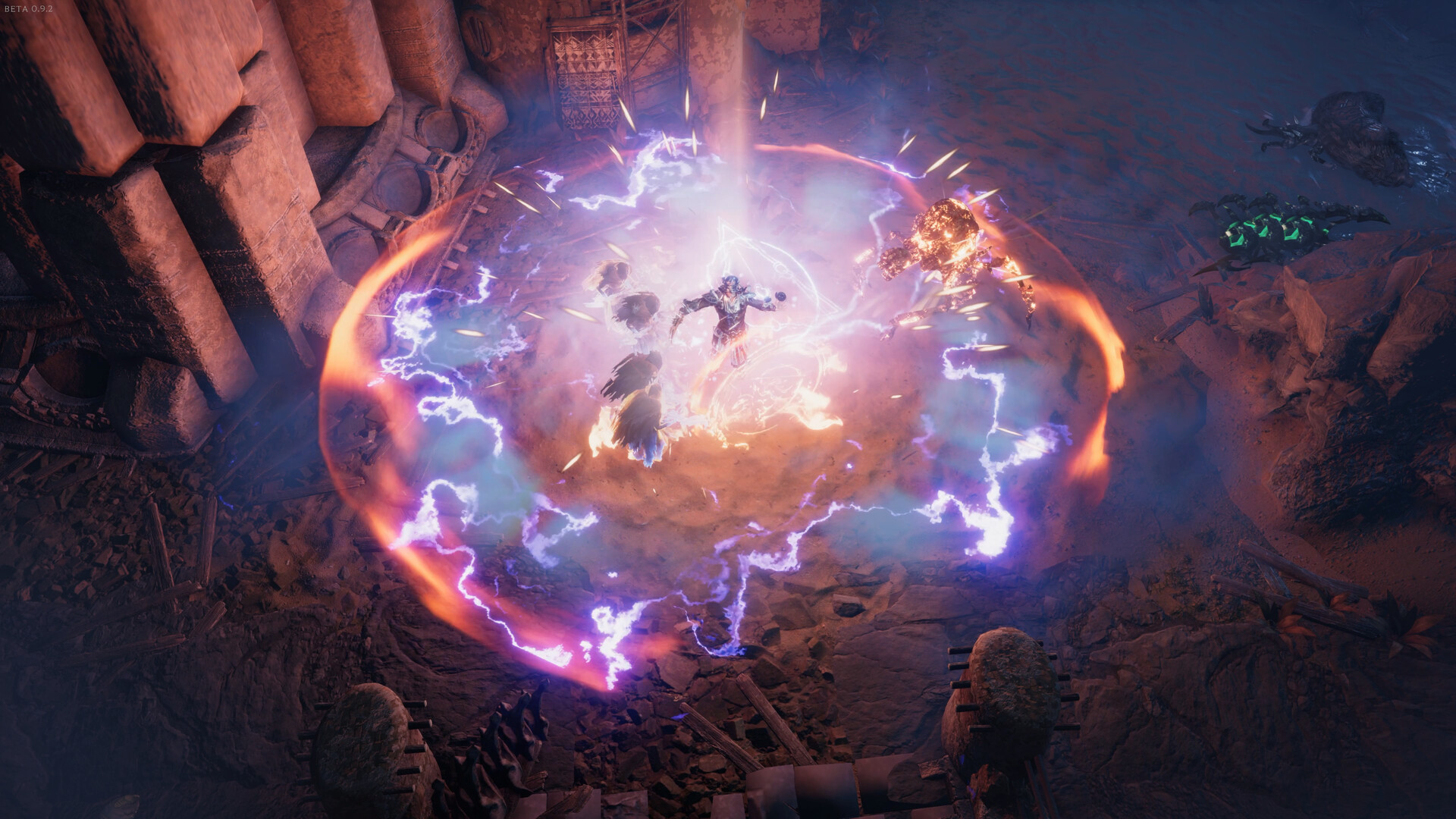Microsoft must launch a Surface phone — and get it right the first time
Smartphones are the gateways to many tech companies' broader ecosystems. Sadly, history proves any attempt by Microsoft to fill that void in its ecosystem is a huge gamble.
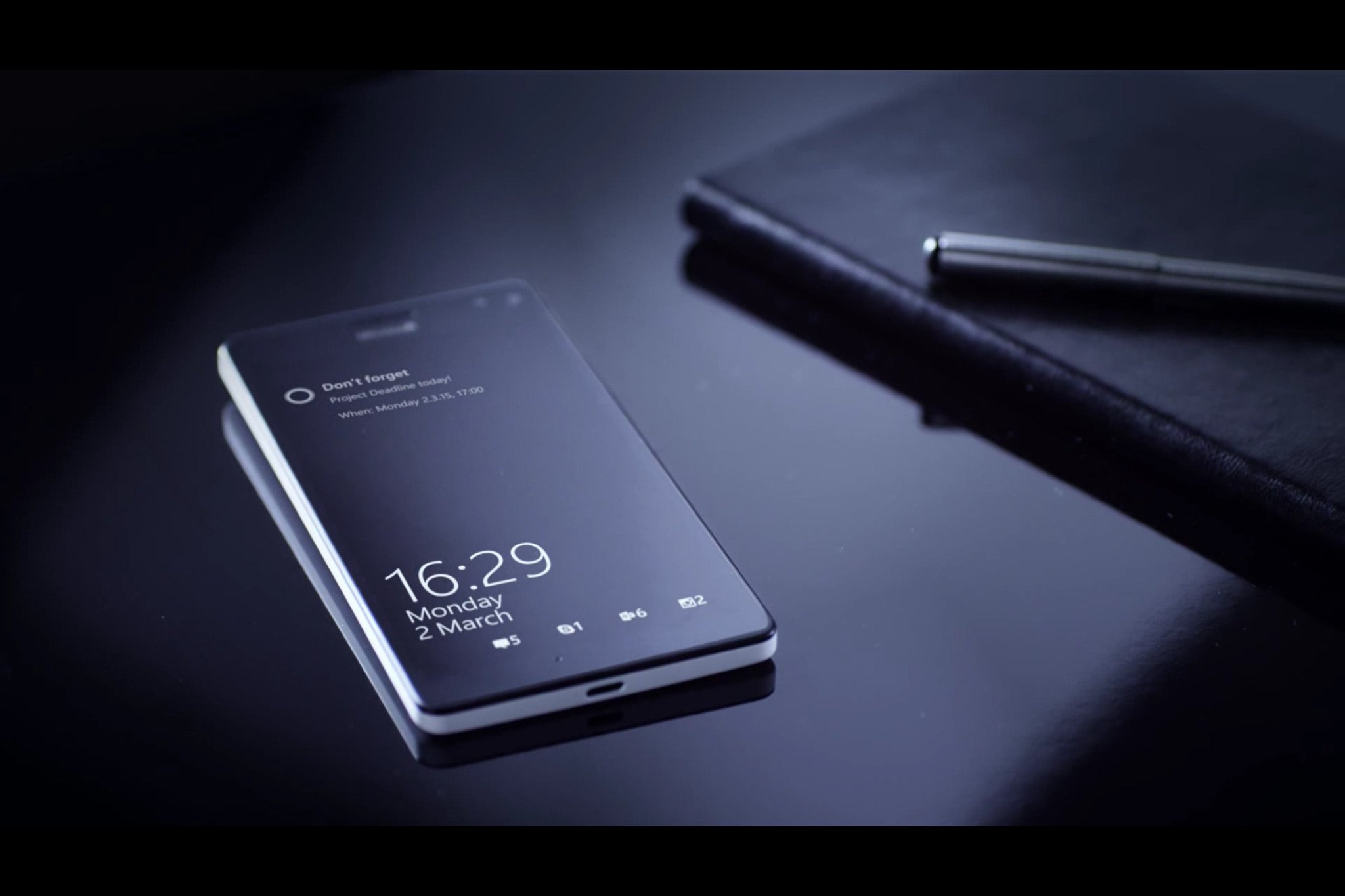
Still, the absence of the most personal of computing devices from Microsoft's lineup is detrimental to its present and future relevance. Microsoft must launch a Surface phone.
The personal computing landscape is permeated with technologies that became relevant to consumers by way of smartphones. Digital assistants, the cloud, smart home speakers, in-car computing, IoT and mobile gaming are an increasingly cohesive personal computing tapestry spawned by and centralized around smartphones.
Microsoft's retreat from the smartphone space removed the company's rapport to the personal computing landscape and potentially eliminated its future relevance. Microsoft CEO Satya Nadella promised an "ultimate mobile device" that will be "beyond the curve" and won't be like "the other guys'" phones, however.
Microsoft's ultimate mobile device
I believe Microsoft's ultimate mobile device will fill the gap left by its absent smartphones, and will potentially create a new device category. The iPhone's and Android phone's mobile dominance and Microsoft's need for "some type of mobile device," makes both these objectives necessary.
Microsoft needs a personal portal to its ecosystem and a compelling device that challenges the "rectangular-slab-smartphone" status quo.
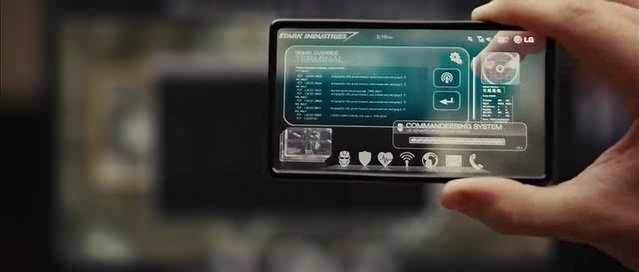
A device with game-changing, context-conforming hardware which benefits from a synergy of technologies from inking, mixed reality, gaming and more may be the answer.
These are lofty goals. This device will require massive engineering resources, profound levels of inter-department collaboration to bring different technologies together and immense marketing and distribution follow-through. This massive investment is also a huge gamble. The risk is accentuated by Microsoft's 100 percent failure rate in mobile.
Get the Windows Central Newsletter
All the latest news, reviews, and guides for Windows and Xbox diehards.
Not to act, however, is a guarantee that Microsoft, without that personal portal to its ecosystem and nexus point for other technologies, will be irrelevant in the future of personal computing. This can't be overemphasized: Microsoft must launch a Surface phone.
Failure should have taught Microsoft how to succeed

External forces, as well as internal shortcomings, led to Microsoft's mobile failures. Slow responses to the market, inconsistent marketing and distribution, support of iOS and Android at Windows' expense, not-ready-for-prime-time Windows 10 Mobile, and more plagued the platform.
Unless Microsoft is oblivious or simply doesn't care, experience should have taught it how not to fail. The coming ultimate mobile device, an ultramobile Surface PC with CShell and telephony, may succeed.
As a telephony-enabled, pocketable Windows 10 PC with Continuum, it will fill Microsoft's smartphone gap and challenge the "rectangular-slab-smartphone" status quo. Despite the best-laid plans, however, success isn't guaranteed. And Microsoft's fight to position an ultramobile Surface PC in the mobile space will be wrought with challenges.
Positioning matters
Positioning any "Microsoft" mobile device directly against the iPhone and Android phones in the smartphone space would be suicidal. The market has grown cold to Microsoft's phone efforts. Fans are bitter, consumers apathetic, OEMs uncommitted, the enterprise is disinterested, and many bloggers are hostile. Another strictly "phone" attempt would be fodder for more negativity.
Microsoft cannot position a "Surface phone" as a phone. As a telephony-enabled ultramobile PC it must be positioned accordingly. It must be clear to fans, consumers, the enterprise and bloggers that this ultimate mobile device is something new.
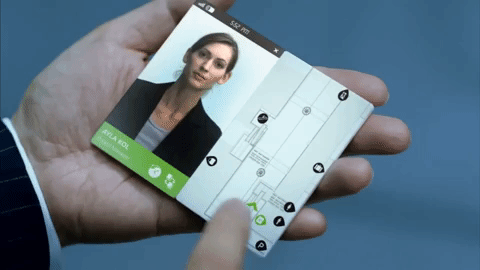
It mustn't look like a smartphone, but it must be familiar enough to be recognized as a mobile device. It must provide new ways of interaction but also be intuitive.
It must be positioned in the mobile, not smartphone, space as an ultramobile PC both because that's what it will be as well as to escape the stigma of Microsoft's past phone failures. It must appeal to consumers who are dictating personal computing's direction and be suitable for the enterprise. If Microsoft fails at positioning the ultramobile Surface, it will lose before it even gets "re-started."
Surface phone needs "One Microsoft"
Microsoft's strategy is the coalescing of various technologies synergistically in an ultramobile Surface. This is important to making an ultramobile Surface unique.
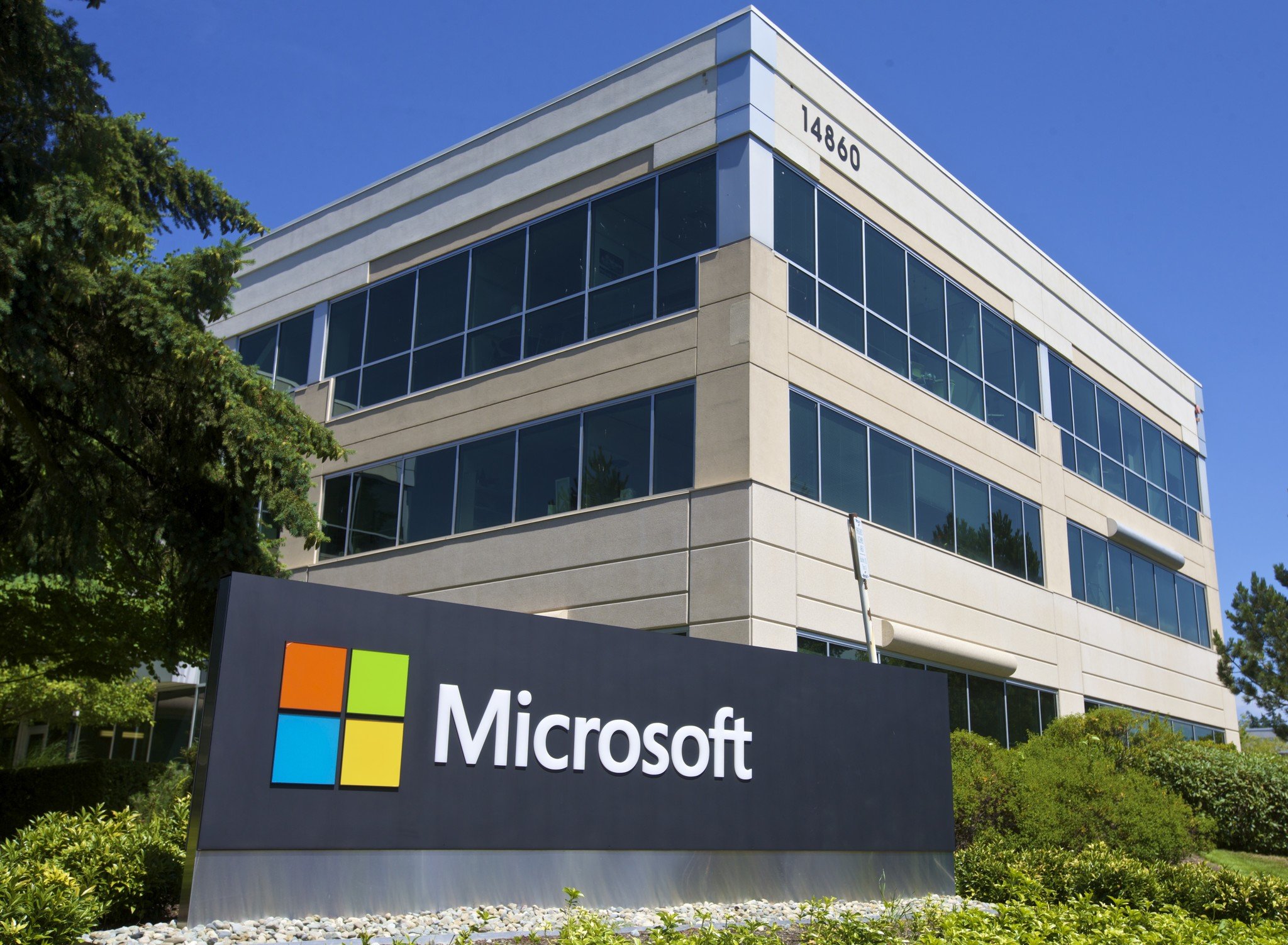
Surface lead Panos Panay expressed how the Surface team's working with the OneNote team was important to making the pen and Surface work together seamlessly. A more extensive level of collaboration must take place to bring an even broader range of innovative technologies to the ultramobile Surface.
Surface phone needs company-wide support.
Microsoft's four engineering groups Cloud and Enterprise Engineering, Office Product, Windows and Devices, and Technology and Research were structured to allow engineering heads to report directly to Nadella. This makes for a more efficient product development and product-to-market system.
This structure should also provide a collaborative environment where teams can work together efficiently and intentionally to bring various technologies to the ultramobile Surface. Panay and his team will need the folks working on mixed reality, Office, inking, AI, gaming, CShell, Continuum, Project Centennial, Cloud and Windows to make Nadella's ultimate mobile device a reality.
Marketing and distribution
Beyond the divisions building the device, other teams must ensure its marketing and distribution.
Microsoft marketing and operations.
The Corporate Strategy and Planning, Global Sales Marketing and Operations, Marketing Group, and Worldwide Commercial Business divisions must position it for success.
These teams and leaders must be held accountable for ensuring Microsoft puts 100 percent of its weight behind building, positioning, marketing and distributing Nadella's ultimate mobile device. If this doesn't happen, Microsoft's mobile efforts may fail again.
Developers, Developer, Dev … Microsoft you're a developer!
As we move toward an AI, bot and progressive web app world, no current mobile ecosystem can thrive without a strong app ecosystem. If Microsoft can't attract developers, its ultimate mobile device will be doomed from the start. Developers need to be convinced Windows is a viable platform.
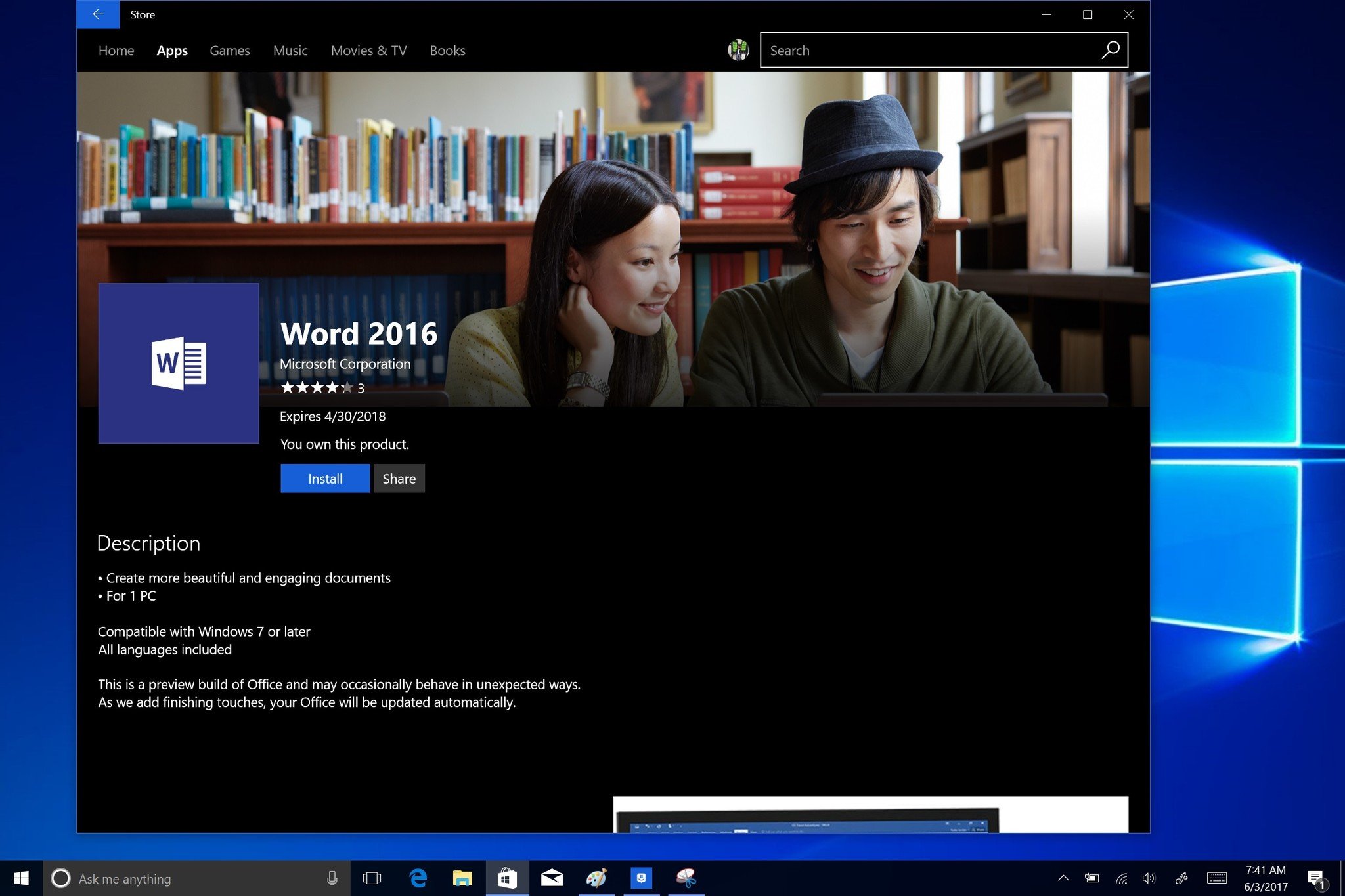
Microsoft can potentially woo developers and prove its commitment to mobile by launching an exclusive suite of unique, high-quality Universal Windows Platform (UWP) productivity, entertainment, gaming and utility apps. They can fall under a "Surface exclusive" branding reminiscent of "Lumia exclusives" of the past. Microsoft must also keep its promise that cross-platform first-party apps will be best on Windows.
As the world's leading software company with resources spanning Windows, Office, Microsoft Garage apps, AI, Xbox and more, Microsoft itself is its best asset for winning developers. If it puts a 100 percent effort into building exclusive UWP apps and games before Surface phone's launch, it may inspire third-party developers to follow.
If Microsoft continues business as usual, as usual it will fail.
Beating consumer apathy requires ultimate effort
Winning mobile users requires an enormous effort. If it happens, it won't be overnight. Many consumers have a negative view of Windows phone, and after being burned, many no longer trust Microsoft.
Microsoft made a strategic (but painful to users) gamble by "purging" the market of Windows phones in hopes of purging the failed platform from consumers' minds as it prepares for what's next.
Microsoft's ultimate mobile device will be its next attempt at mobile. If it supports mixed reality, Xbox and Windows gaming, becomes a desktop via Continuum, conforms to context via CShell, has a suite of exclusive apps, has first-party apps that are best on Windows and a growing pool of third-party apps, Microsoft may have a shot at winning consumers and the enterprise.
Microsoft's Surface phone must be the ultimate mobile device
Microsoft's ultimate mobile device must be just that: the ultimate mobile device. It must be that single computing device that does virtually everything for virtually anyone. Microsoft can spare no effort and must target broad markets. It must appeal to consumers, the enterprise and gamers.
Microsoft simply must deliver.
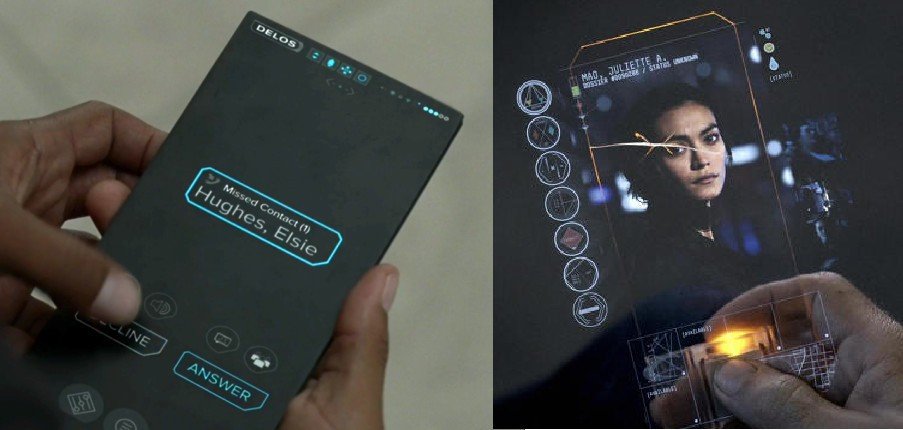
Pooling the efforts of multiple engineering, strategy and marketing teams around an ultramobile Surface is a tremendous gamble. If Microsoft fails, resources will be wasted, the press will be unmerciful and the industry-esteemed Surface brand will be marred.
If it succeeds, the rewards will be equally as profound and Microsoft may well change the game.
Must Read
How Microsoft can ensure Surface phone success
Is Microsoft's rumored Surface phone a reimagined Surface Mini?
With Surface phone will Microsoft learn from past marketing mistakes?
Microsoft will release a Surface phone - but it can take a while
Jason L Ward is a columnist at Windows Central. He provides unique big picture analysis of the complex world of Microsoft. Jason takes the small clues and gives you an insightful big picture perspective through storytelling that you won't find *anywhere* else. Seriously, this dude thinks outside the box. Follow him on Twitter at @JLTechWord. He's doing the "write" thing!

